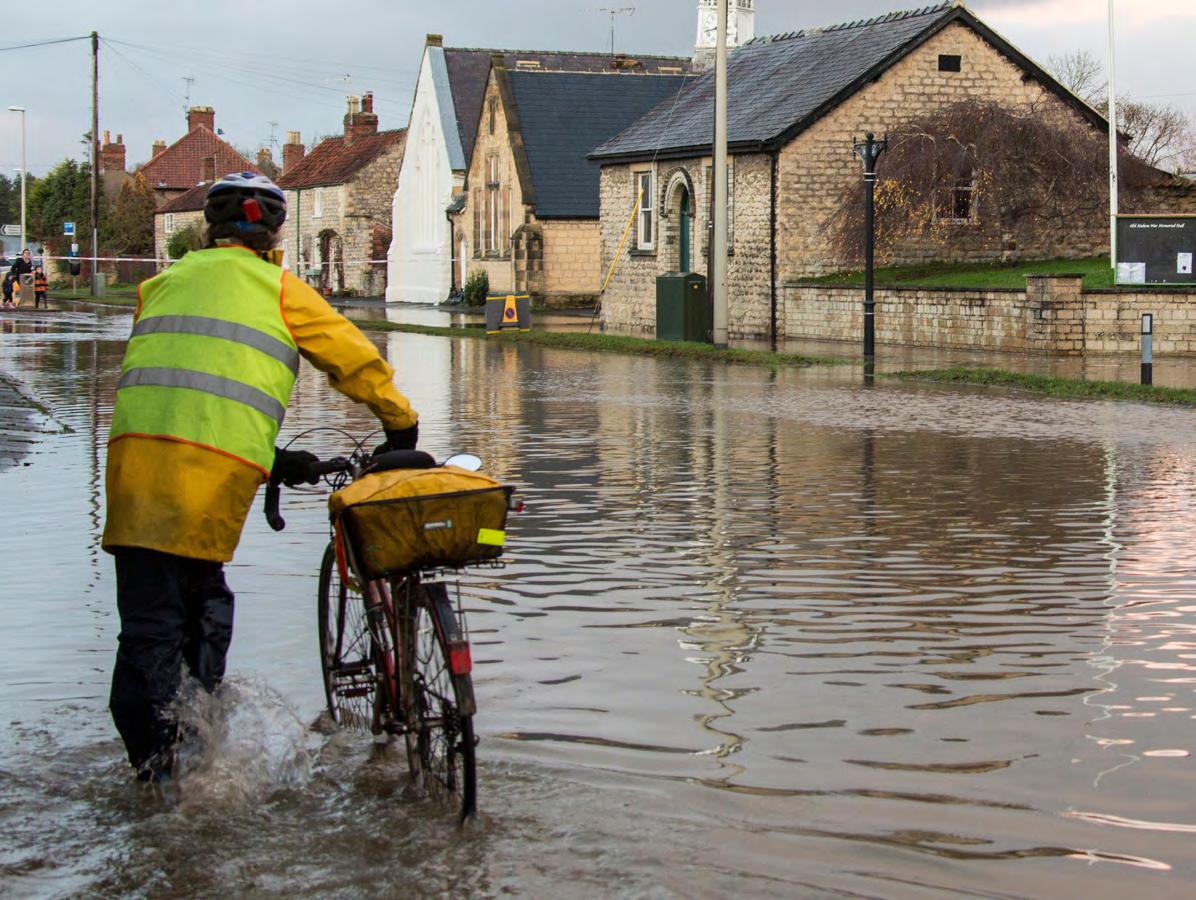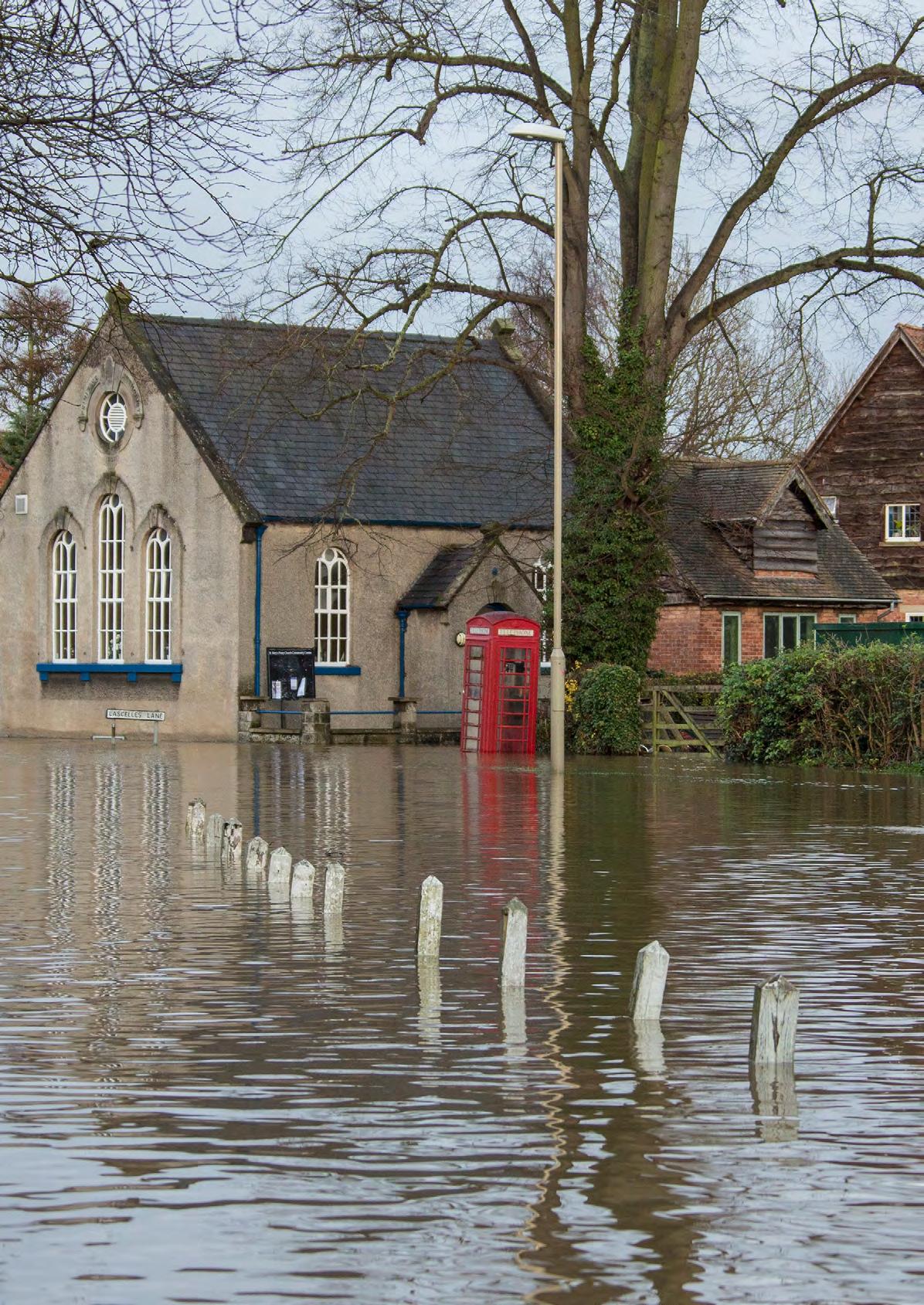How you can prepare for foods and fooding
Information and advice for residents



Information and advice for residents


Is your home at risk of fooding?
Call the Environment Agency on 0845 988 1188 or visit their website (www.gov.uk/ea) to check your risk.
Flood checklist
Use our checklist below to make sure you’re as prepared as you can be in the event of a home food.
Already know your home is at risk?
Sign up via the Environment Agency to receive daily food updates by phone, text or email.
Ensure all your home contents and valuable possessions are insured.
Prepare a list of important contacts. Include your insurance provider and Castles & Coasts. Use email addresses, phone numbers and websites. Makes copies of important documents and keep these and your originals in a sealed bag.
Write a list of essential items you’d need to take with you if you need to evacuate your home.
Keep food prevention products somewhere easily accessible. (Sandbags, bungs, vent covers, food gates etc.)
Use your Castles & Coasts food bag (which includes a torch, bottle of water, healthy food bar and a hand warmer) and put together an emergency food kit by adding waterproofs and a portable radio.
Arrange alternative accommodation in case you need to evacuate your home.
Consider emergency accommodation for your pet(s) too and consider essential items they’ll need such as food or medication.
The Environment Agency will issue three types of warning in the event of a food. It’s important you know what each warning means so you know what action you need to take.
Flood Alert:
What does it mean?
Flooding is possible, so be prepared.
When will this alert be used?
Between two hours and two days before expected fooding.
What do you need to do?
• Get prepared to leave your home, just in case.
• Look out for food alerts on television, radio and the Environment Agency website www.gov.uk/ea.
• Pack essential items you or your family might need. (Medication, clothing, toiletries, blankets, items of clothing etc.)
• Charge your mobile phone and use it as little as possible to preserve the battery.
• Move your pets and valuables to a safe place (upstairs if possible).
• Alert your neighbours to the food alert - especially if they are elderly or vulnerable.
• Make sure your home is well ventilated and start putting food defence equipment in place to protect your home.
• Place plugs into any ground foor sinks and baths and cover these with sandbags. To prevent any sewage back fows, put sandbags in any ground foor toilet bowls too.
• Prepare as much as possible during daylight. Visibility will be poorer later in the day, especially if there are electricity shortages.
What does it mean?
Flooding is expected and you need to take immediate action.
When will this warning be used?
Between half an hour and one day before fooding.
What do you need to do?
• Turn of all gas, electricity and water supplies within your home.
• Check all your food prevention equipment is properly set up and in place.
What does it mean?
Severe fooding. Danger to life.
When will this severe food warning be used?
When fooding has happened and poses a severe risk to life.
• Leave your home. Please remember to shut and lock all doors and windows and to take your emergency supplies, mobile phone and charger with you.
• Don’t walk, swim or drive through food water. Flood waters may be contaminated and may have hidden dangers.
• If the emergency services are nearby, follow their instructions. They may have a rest centre set-up for you to go to.
• Try and keep calm. If you are in any immediate danger call 999 or attract the attention of people near-by.
What do you need to do?
• Once you have evacuated your home and reached safety, please contact Castles & Coasts Housing Association to let us know you’re safe and where you are temporarily located.
• Only return home once the emergency services tell you it is safe to do so.
• Remember to use water proof gloves when handling anything soiled by the food water. Remember that food water contains sewage.
• Castles & Coasts will assess your home alongside our insurers. We will look at what repair work is required and book this in.
• If you don’t have any temporary accommodation available to you, then Castles & Coasts, your insurer, or your Local Authority may be able to arrange temporary rehousing.
• Follow any advice given to you by your contents insurer on disposing of food, damaged or contaminated items.
• Remember to keep Castles & Coasts updated with your relevant contact details so we can keep in touch about developments to your property.
• During any periods of severe fooding, information and updates may be available via our Castles & Coasts website or social media pages (www.castlesandcoasts.co.uk)
• Take photographs if you can to show the extent of damage to your property and possessions.
• Contact your contents insurer ASAP and stay in contact with them until your case is resolved.
• Wait for a qualifed engineer to assess your home before turning the gas and electric back on. Take meter readings too.
To report fooding or notify us of your contact details, please contact our Castles & Coasts Customer Service Team by phone or email. 0800 085 1171 (available during working hours and for emergencies out of hours) cs@castlesandcoasts.co.uk
For further information on how you can prepare for fooding, check out the Environment Agency’s website: www.gov.uk/ea.
If you would like this document in large print or another format, please call us on 0800 085 1171.